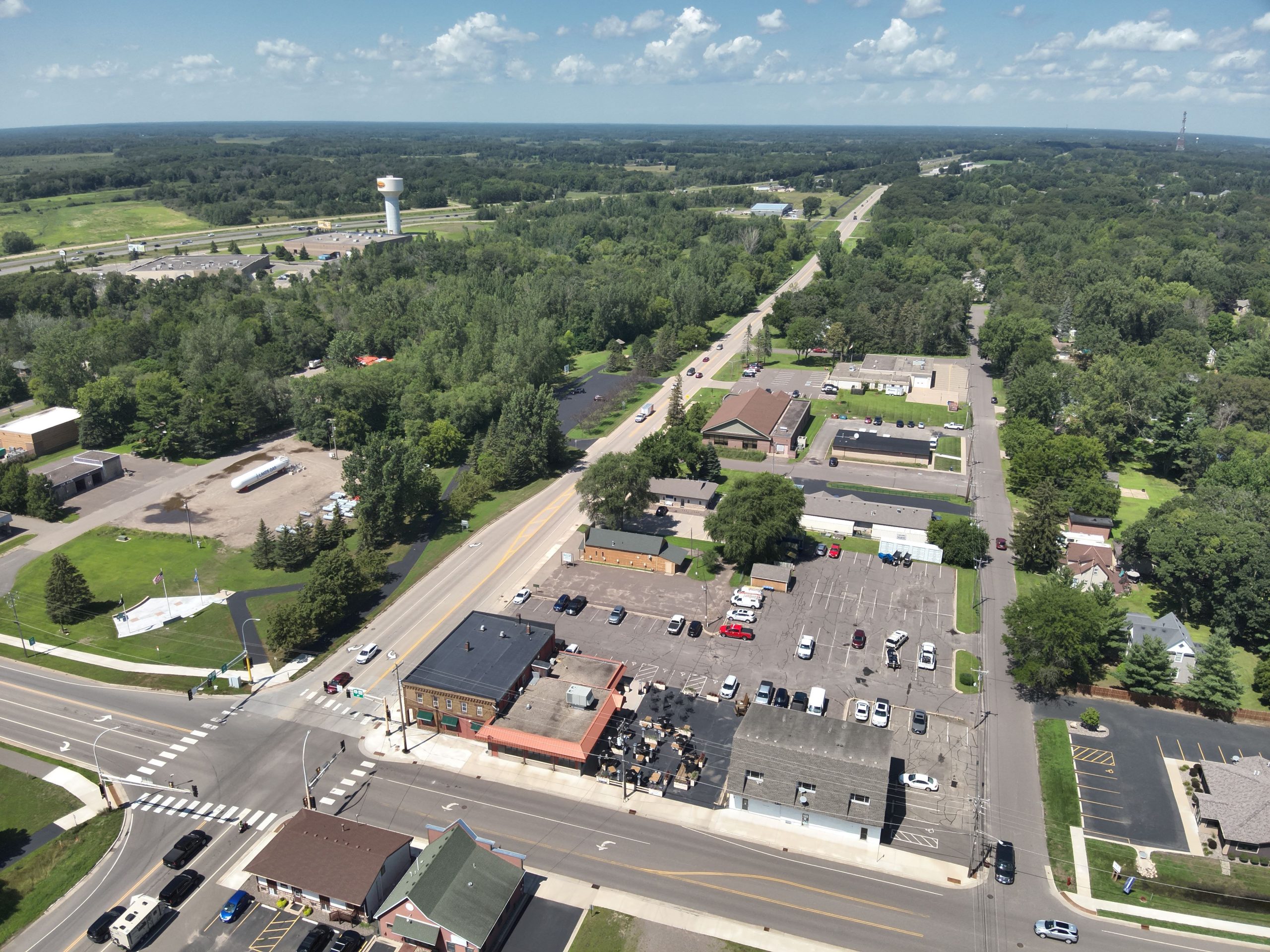Portsmouth, RI
With citywide coverage of 88 roadway miles and delivery by February 27, 2023, Portsmouth moved from reactive to proactive within weeks.

Portsmouth, RI Infrastructure Assessment
Summary
- 88 roadway miles surveyed and analyzed by February 27, 2023
- Weeks-not-months delivery enabled faster repairs and smarter budgeting
- Clear, defensible plans reduced complaints and boosted resident trust
Problem
Portsmouth managed a growing network of local roads with outdated and inconsistent condition data, making it hard to know which streets to fix or when. Without a trustworthy inventory and scoring system, paving budgets were difficult to defend and plans often defaulted to reactive patching after complaints. Residents frequently asked "Why not my road?" at meetings while staff juggled 311 reports, because manual windshield surveys could not keep pace with changing conditions or justify priorities.
Solution
Portsmouth selected Cyvl to rapidly survey the entire street network using vehicle-mounted LiDAR and sensors, capturing high-resolution pavement data across 88 miles in weeks. Cyvl’s Infrastructure Intelligence platform used AI to convert raw inputs into pavement condition scores, prioritized repair lists, and scenario-based, defensible paving plans tied to budget levels. Detailed, actionable pavement condition data and ready-to-use reports were delivered by February 27, 2023, empowering leaders to communicate clearly, schedule work faster, and take data-driven action.
Impact
With citywide coverage of 88 roadway miles and delivery by February 27, 2023, Portsmouth moved from reactive to proactive within weeks. The data provided public works a clear, transparent roadmap for near-term fixes and multi-year planning, so residents see faster improvements and safer streets sooner. Budget discussions shifted from anecdotes to evidence, allowing the city to allocate taxpayer dollars where they will do the most good.
- Crews prioritized the highest-need segments using verified condition scores, accelerating pothole repairs and resurfacing with less rework.
- Faster, defensible work plans reduced 311 complaints and gave residents a clear timeline for their streets.
- Town meetings became smoother with map-based reports that explain why each road is in the plan, building trust and reducing conflict.
- The city demonstrated efficient use of taxpayer dollars by aligning funding to data-driven priorities, unlocking support for future budgets.
- Work scheduling and coordination became simpler, so contractors and city crews could mobilize sooner and complete more lane miles in less time.
- Safety improved as rough segments and hazards were flagged early, leading to quicker fixes and fewer flat tires and complaints.




-%20logo%20(unpadded).png.png)